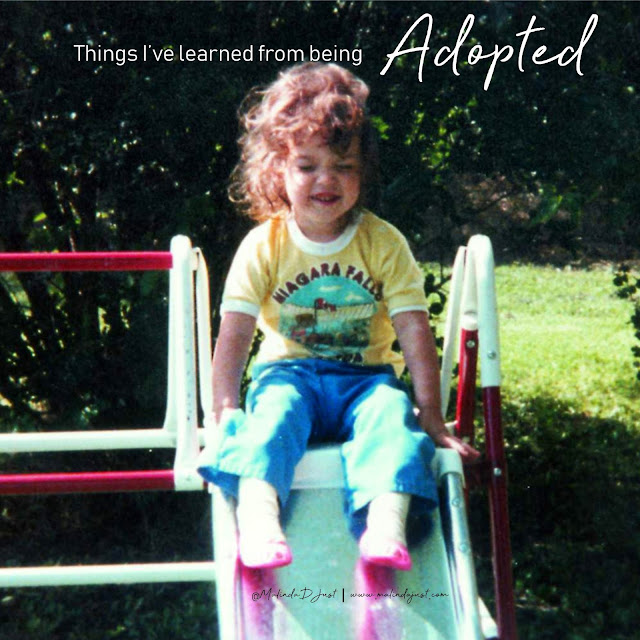Choosing between discussion and dialogue
Lately I’ve been interested in things I deem scientific.
For some of you that isn’t a stretch. Perhaps you thrive in the scientific realm. I know many who are adept in the sciences, but I don’t consider myself to fall into that category.
I never really cared for science in school, except meteorology, and I blocked out many of the lessons outside of weather. I remember a pungent smell. I remember clammy hands as our class took a stab at dissection. I remember fear of failure (for me that was anything less than an A).
But I can’t remember being impressed by scientific anything.
It just didn’t stick.
However, as I grow older, I find myself looking back, wishing I had retained more of that instruction...not letting those words from knowledgeable teachers slip in one ear, stay for a test, and slide out the other.
Even if you can’t relate with my lack of motivation in science, perhaps you can in other areas. In my observation, it’s easier to pay attention to our likes, interests and opinions. It takes a lot more effort to remain engaged in areas where we think we already have the answers or that differ completely with our stances.
We live in a time where discussion, and convincing others of our “right-ness”, much overwhelms dialogue. It’s easier to talk at someone rather than listen. To be a teller rather than a discerning dialoguer.
I think Kris Vallotton in his book “Fashioned to Reign” explains it well:
“A dialogue is an exchange of ideas in which people interact to gain understanding. A discussion is a conversation in which the goal is to defend your position. The word ‘dialogue’ is formed by the two Greek words ‘dia’ and ‘logos’, which can literally be interpreted as a two-way flow or exchange of meaning. The word ‘discussion’, on the other hand, comes from the Latin word ‘discutere’, which means ‘strike asunder, break up.’”
Pretty sure I constantly had a discussion with myself about science and the lack of understanding I had for it. I just didn’t like it. I justified my position. I often let emotion lead, and as the expanse of scientific terminology became heavier and heavier, I finally just gave up and decided I wasn’t good at science. We broke up.
And yet I still had to go to class.
So I sat there half-listening, plugging stuff into my short-term memory for a test, grabbing that “A” and then promptly forgetting everything.
Oh, how I regret that.
If I could go back to that science lab, I would stuff my pride and confess to my teacher that I didn’t understand. I would ask her to explain the concept in a different way that would click. I would go back to that tuned-out me and say, “A good student doesn’t just get A’s, a good student asks questions and listens to the answers!”
But I can’t go back, only forward. And that’s OK. It’s not too late for me to learn about the amazing functions of the human brain, fascinating facts about the natural world, or, thanks to my son, tidbits about shark life.
Of course, it’s not just something that applies to science or solely to the scholastic disciplines. It also applies to people and the way we do life together.
And I think that as “we the people” move forward, it’s a good thing to take a collective stance on. To ask questions. To seek understanding. To lessen the pull to be right, and learn the art of dialogue...because a good student asks questions and listens to the answers.
This piece was originally published in the Nov. 16, 2016 edition of the Hillsboro Free Press.



Comments
Post a Comment